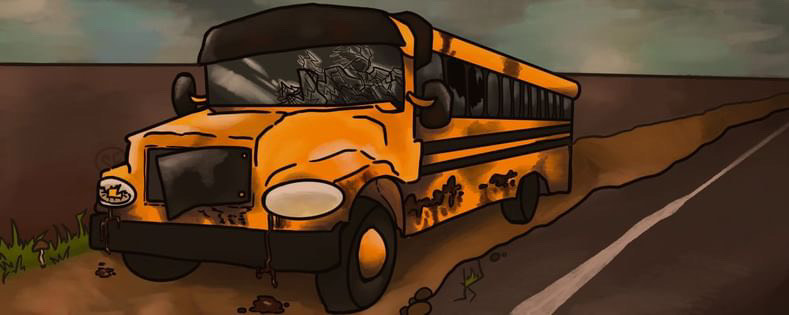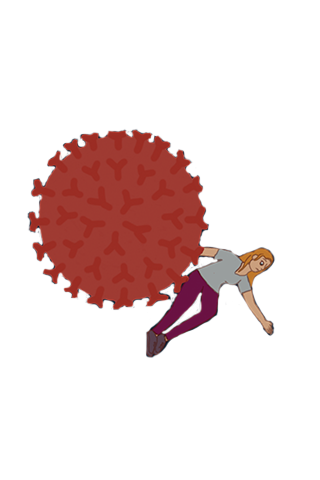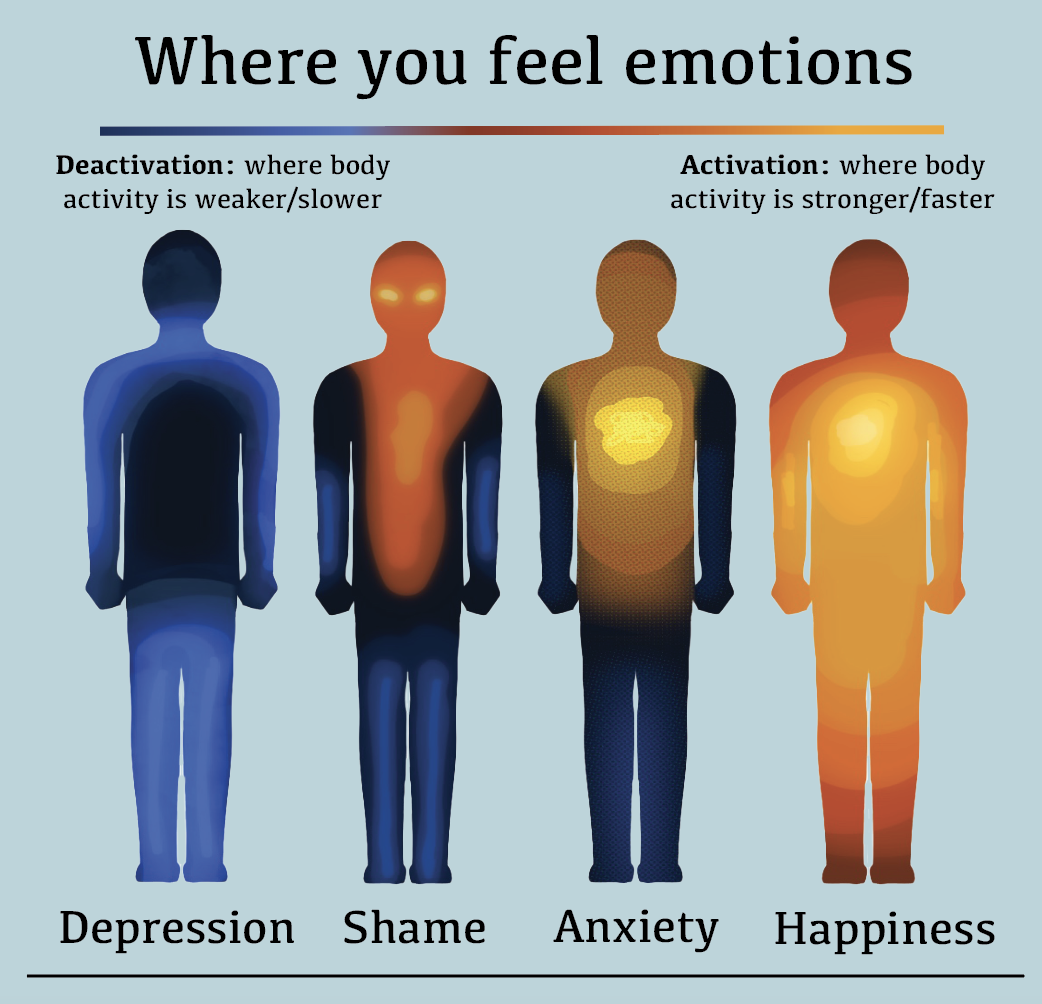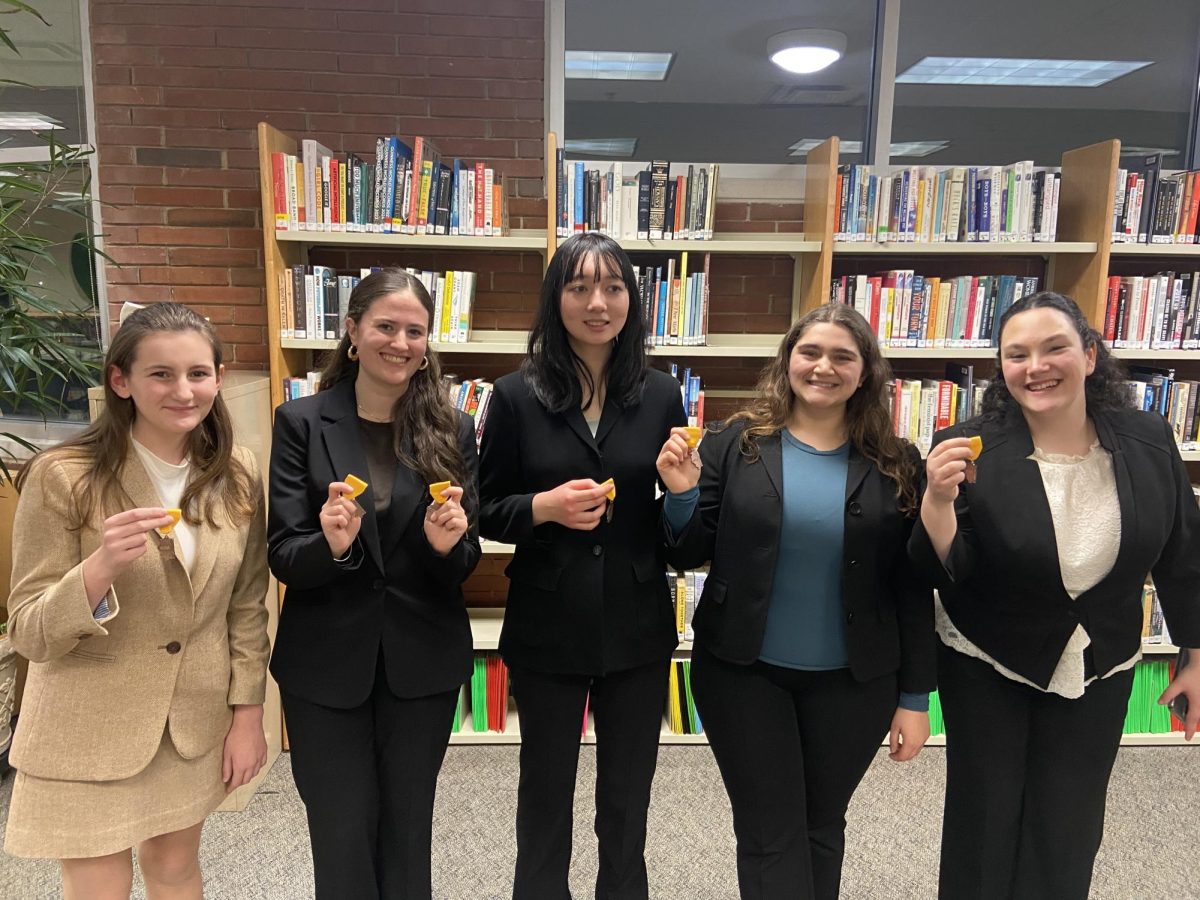Imagine this: it is a random Tuesday in spring. You’re in fifth grade. You wake up,
and your outfit is laid out perfectly on the floor. The usual foreboding dread of math class doesn’t sink in today. Because today is field trip day.
Arriving at school, you can practically see the energy circulating around the classroom. Your teacher can’t keep your class quiet. Everyone is buzzing with anticipation for the moment when you board the bus and embark on an amazing, wonder-filled journey to… a public park. Or some random laboratory. Perhaps, if the school board was especially benevolent, a museum.
The destination doesn’t matter. What does matter is that field trip day was the chance to get out of school and explore. There was a strong sense of maturity that came with arriving at a new place with-
out your parents. The trips also became unforgettable learning experiences for us, with topics ranging from U.S history, our Earth, and developing a sense of nationalism for our school. You can’t tell me that you didn’t cast a haughty glance at other schools who were also walking around the museum.
Every year, there was a field trip, maybe even several. Each one was something to look forward to, a special journey to take with all of your friends. But then you got to middle school and the pandemic hit and everything got too complicated, too elaborate, too unrealistic to go on a field trip. So days
went by, we sat learning in our classrooms,and we forgot about the educational expedi-
tions of our childhood.
These trips are long overdue for a revival. Field trips are important to our development and can be so impactful both in education and in maturity. I remember the freeing feeling, wandering around some museum wih a couple of friends, our choices laid out before us. Will we go down that hallway? Check out that exhibit? Buy some overpriced trinkets from the gift shop? It was completely up to us. Little
moments like that prepared us for the real world, like poking our head in the door to adulthood. It’s important that we get those significant developmental experiences back.
Now that we’re teens, it’s different. We’ve already navigated the museums, seen enough bugs at the park. But, we still have so much to learn about the world around us, and field trips in high school can be used as an in-depth learning experience, made to elaborate upon and make connections to topics that
we’ve learned.
Field trips include multitudes of challenges- planning funding, transportation- a solution is micro
field trips. Small excursions outside or around school would enhance lessons and make them more interactive, also benefiting visual learners and those who struggle with sitting still in lectures.
We shouldn’t forget about the fanciful learning journeys of our youth. Just because we’re older doesn’t mean we don’t get to giddily board a bus and set off somewhere, excited to learn, see, and experience new
things. Bringing back field trips generates a specific type of magic only learning can spur.














